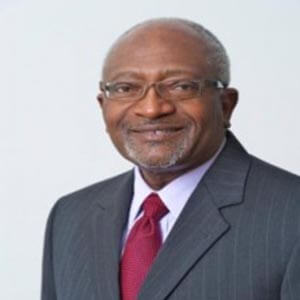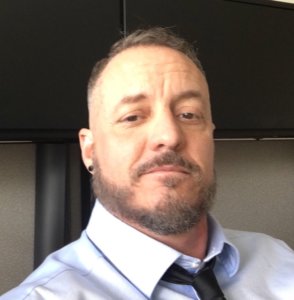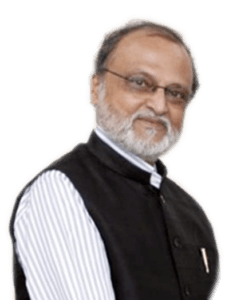
Vidya Sethuraman
COVID-19 isn’t the only crisis taking a toll on us this year. Record-breaking heat has helped fuel the largest wildfire season on record, with more than two million acres already burned. Smoke from the fires has blanketed much of the state, causing some of the worst air quality in the world. As of Sept. 23, with more than two months left in hurricane season, the Atlantic had already spit out 23 named storms — roughly double its long-term average for an entire season.
Low-income communities around the globe and people of color are the hardest-hit by the increasing threat of climate change. Eminent researchers discussed the science of climate change, its impacts on communities of color and low-income people, and possible policy solutions at the EMS call on .Sep 25. The unequal impacts of a changing climate have become extremely clear in 2020, so equity has come to the fore of climate conversations in every corner of the country.
Dr. Robert Bullard, Distinguished Professor of Urban Planning and Environmental Policy at Texas Southern University. Dr. Bullard is known as the “Father of Environmental Justice” and is the author of 18 books, including “Race, Place and Environmental Justice After Hurricane Katrina.”
He discussed the growing frequency of storms and hurricanes on the Gulf Coast. A global deadly pandemic continues to rage out of control in the U.S., heat waves are setting new temperature records, wildfires are scorching American Western states, and the hurricane season has already made it to the end of the alphabet for naming storms. In all cases, low-income, Black, Latinx, and Indigenous communities are bearing a disproportionate amount of the impacts.

“Today, the scab is off, the ugly reality of injustice is hitting us up close and personal, made more realistic by this COVID pandemic,” Bullard said. When it comes to our climate crisis, Robert Bullard of Texas Southern University noted that many communities of color are the least responsible for the drivers of climate change, but are the most vulnerable to its adverse effects.
The geographic regions hardest hit by climate change issues such as flooding and high temperatures align nearly perfectly with those regions plagued by inequities in health outcomes, income, education, housing, and a multitude of other metrics, and those inequities often fall along racial and ethnic lines. Overcoming racial injustice is a major step in achieving health equity. We need and depend upon one another.
Dr. Anthony LeRoy Westerling, Professor of Management of Complex Systems, UC Merced. Dr. Westerling discussed the California wildfires, and the state’s increasing vulnerability to the now-annual tragedy.
California experienced a spree of fires caused by more than 12,000 lightning strikes in August. In many ways, the blazes were unprecedented. These kinds of wildfires will also become very normal and routine if we do not take significant action to adapt to climate change and reduce greenhouse-gas emissions, said Dr.Anthony. It could be that we’re going to see more seasons where we have multiple large wildfires across the state of California.
In California, a prolonged drought over the past decade has killed millions of trees, turning them into potent fuel for the fires. Mountain regions that are normally cooler and wetter have dried out more rapidly in the summer, adding to the potential fuel load. Climate scientists had forecast that western wildfires would grow in size, scale and impact – but their predictions are coming to fruition faster than expected.

Dr. Rajendra Shende, Chairman of TERRE Policy Centre and former director of the United Nations Environmental Program. In 2007, Dr. Shende and a handful of scientists working with the Intergovernmental Panel on Climate Change shared the Nobel Peace Prize with Al Gore.
Dr. Shende focused his remarks on the global impacts of climate change on low-income people. The global land and ocean surface temperature in January 2020 was the highest on record for the month at 2.05 degrees Fahrenheit, surpassing a record set in 2016, said NOAA scientists. World is facing two disasters – health and climate change, said Dr Shende. It is the time to get prepared, else it will be too late, climate change is real and it’s here, said Dr.Shende. The climate crisis demands our immediate action. Slow action may be as detrimental as inaction when human lives are on the line.







